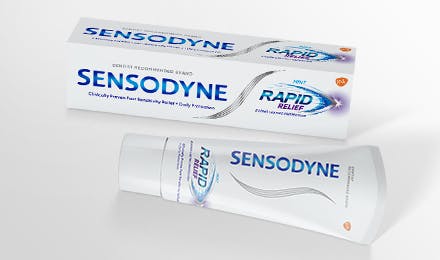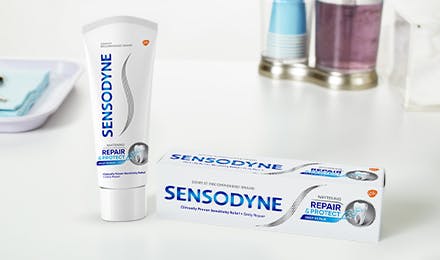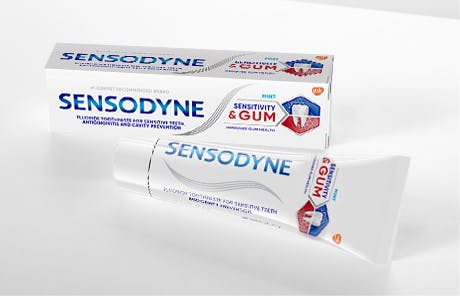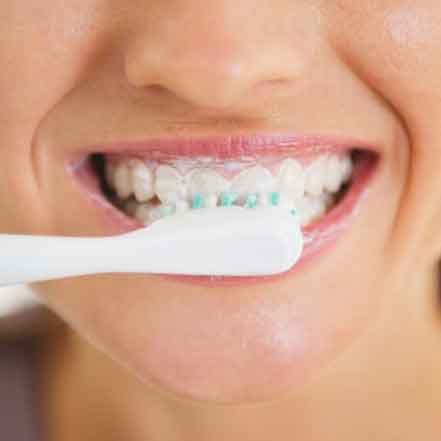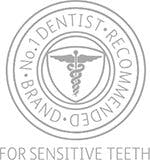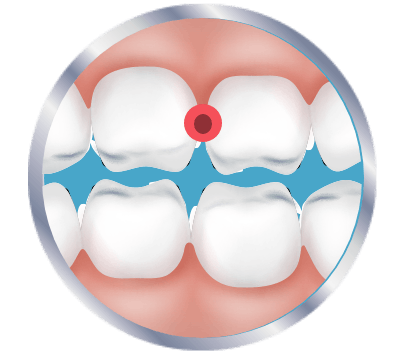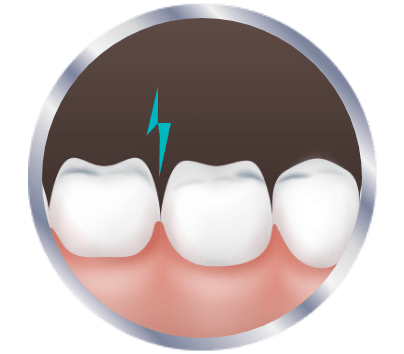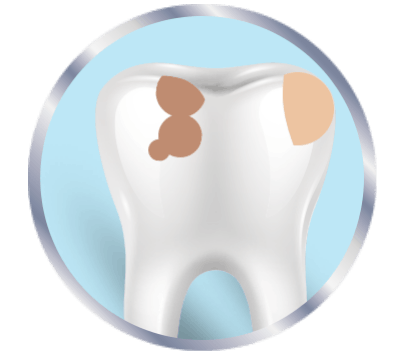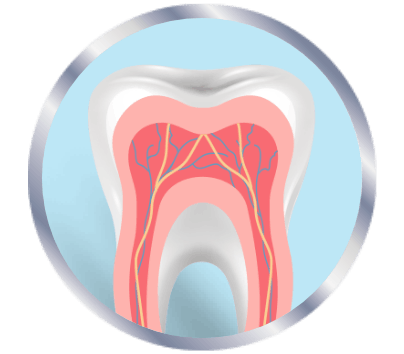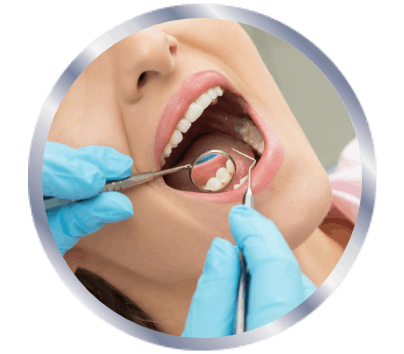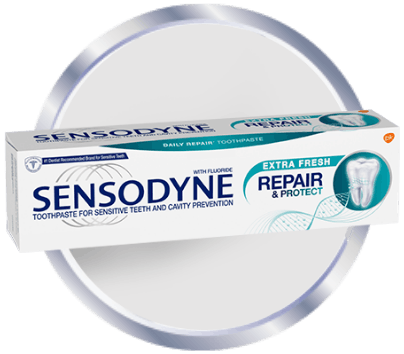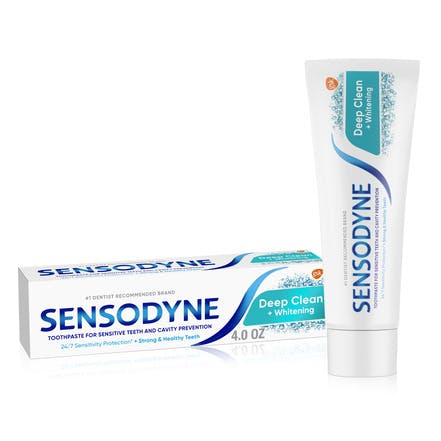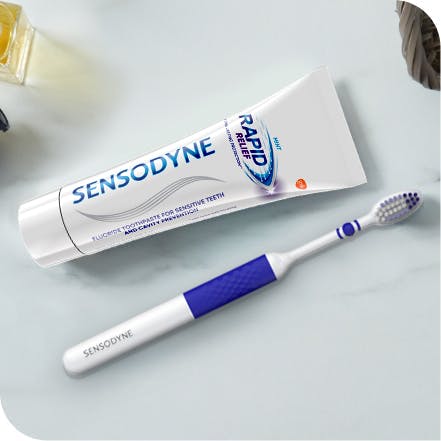Cavity vs. Sensitive Teeth
Cavities – also known as ‘dental caries’ – are very common. In fact, they affect 92% of American adults aged 20 to 64.i The pain and sensitivity caused by cavities can often be mistaken for having sensitive teeth – but there are key differences between cavities and tooth sensitivity.
Keep reading to learn about the differences between cavities and sensitive teeth, and treatment options for both. Remember to speak to your dentist for an official diagnosis.
Cavity vs. Tooth Sensitivity
Cavity vs Tooth Sensitivity
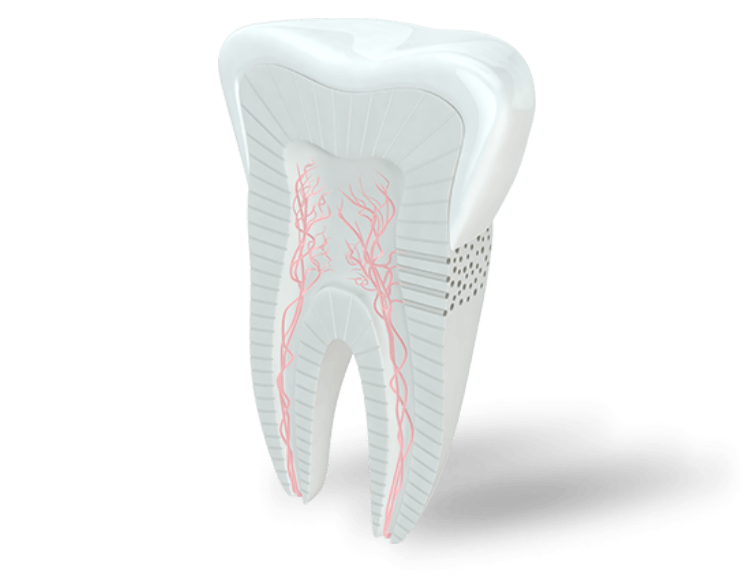
What It Is
SOURCES
Clicking any of the links below takes you to an external website that is independently operated and not managed by GSK. GSK assumes no responsibility for the content on the website. If you do not wish to leave this website, do not click on the links below.
i. Dental Caries (Tooth Decay) in Adults (Age 20 to 64). National Institute of Dental and Craniofacial Research. https://www.nidcr.nih.gov/research/data-statistics/dental-caries/adults. Accessed 09/02/19.
ii. Cavities. Mouth Healthy. https://www.mouthhealthy.org/en/az-topics/c/cavities. Accessed 03/04/20.
iii. Sensitive Teeth: Causes and Treatments. American Dental Association. https://www.ada.org/~/media/ADA/Science%20and%20Research/Files/patient_33.pdf?la=en. Accessed on 28/11/19
iv. Tooth decay. NHS. https://www.nhs.uk/conditions/tooth-decay/. Accessed 03/04/20.
v. Sensitive teeth. Oral Health Foundation. https://www.dentalhealth.org/sensitive-teeth. Accessed 03/04/20.
vi. Tooth. Mouth Healthy. https://www.mouthhealthy.org/en/az-topics/t/tooth. Accessed 03/04/20.


